Tokyo’s LGBTQ+ community has weathered centuries of change, facing both acceptance and oppression. Today, the city’s vibrant neighborhoods like Shinjuku 3 Chome and 2 Chome serve as sanctuaries, offering a thriving culture that continues to shape the city’s identity. From its rich history to the progress made, the story of Tokyo’s LGBTQ+ community is one of remarkable resilience and the celebration of diverse identities. Exploring this dynamic landscape reveals the complexities and nuances that have long defined the LGBTQ+ experience in the Japanese capital.
Key Points
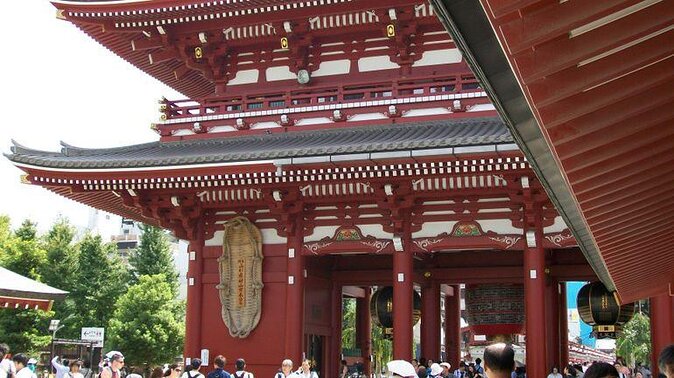
- Tokyo’s LGBTQ+ community has a rich history spanning centuries, with periods of both acceptance and oppression.
- Shinjuku Ni-chōme has emerged as the hub of LGBTQ+ nightlife, activism, and community in Tokyo.
- Tokyo Pride has grown into one of Asia’s largest pride events, celebrating diversity and advocating for equality.
- Shinjuku 3 Chome and 2 Chome neighborhoods are thriving LGBTQ+ hubs, offering a safe haven and vibrant culture.
- LGBTQ+-friendly establishments in Tokyo provide a welcoming space for the community to connect and celebrate their identities.
Background of LGBT Community in Tokyo
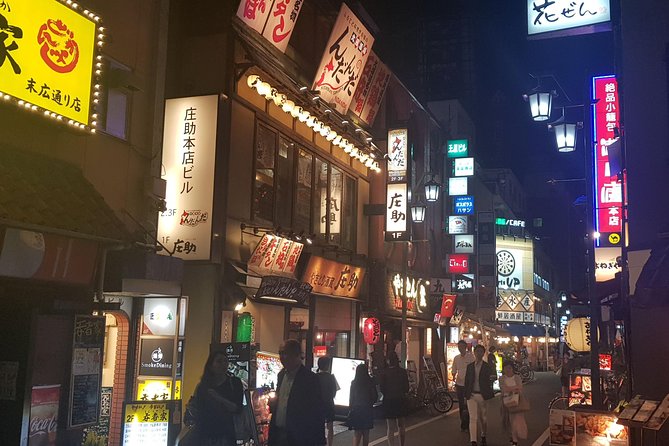
Tokyo has long been home to a vibrant and resilient LGBT community, tracing its roots back to the Edo period when same-sex relationships were openly acknowledged and even celebrated in certain cultural circles.
Over the centuries, the community has weathered periods of both acceptance and oppression, reflecting the broader social and political climate of the time.
In the modern era, Tokyo’s LGBT scene has blossomed, with neighborhoods like Shinjuku Ni-chōme becoming hubs of LGBTQ+ nightlife, activism, and community.
While challenges remain, such as societal prejudices and legal barriers, the city’s LGBTQ+ population continues to forge ahead, creating spaces and networks that celebrate their diverse identities and experiences.
You can also read our reviews of more tours and experiences in Asakusa.
Emergence of LGBT-Friendly Neighborhoods
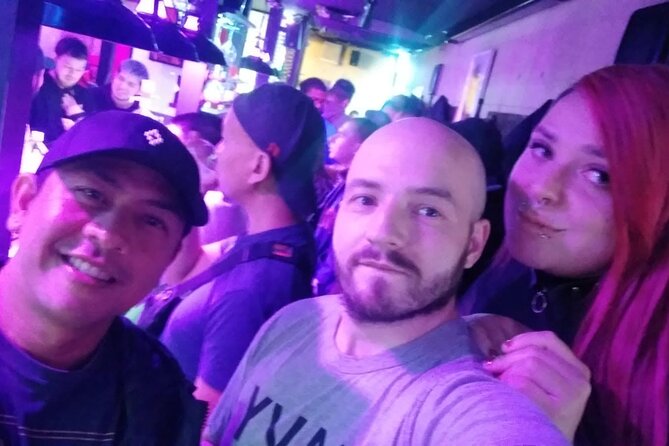
Amid the city’s rich cultural tapestry, certain neighborhoods have emerged as hubs for the LGBTQ+ community, fostering a sense of belonging and celebrating diversity.
Among the most notable is Shinjuku 2 Chome, often referred to as ‘Gay Town,’ which boasts an array of vibrant establishments catering to the community.
Three key highlights of this lively district include:
- A thriving nightlife scene, with a high concentration of LGBTQ+-friendly bars, clubs, and lounges.
- Specialty shops and bookstores that cater to the community’s unique interests and identities.
- Community centers and organizations that provide support, advocacy, and a space for social gatherings.
These neighborhoods have become vital sanctuaries, allowing LGBTQ+ individuals to freely express themselves and connect with like-minded individuals in Tokyo.
Significant Cultural and Social Milestones
The journey towards LGBTQ+ acceptance in Tokyo has been marked by significant cultural and social milestones, as the community has steadily claimed its rightful place within the city’s vibrant fabric.
In the 1970s, the hotel of Japan’s first gay bar, called ‘Ni-chome,’ paved the way for the emergence of a thriving LGBTQ+ neighborhood in Shinjuku.
Over the decades, Tokyo Pride has grown into one of the largest pride events in Asia, drawing thousands of participants and allies.
While social attitudes have progressed, challenges remain, as discrimination and stigma persist. However, the LGBTQ+ community in Tokyo continues to advocate for equality, visibility, and celebration of its diverse identities.
Exploring Asakusa and Senso-ji Temple
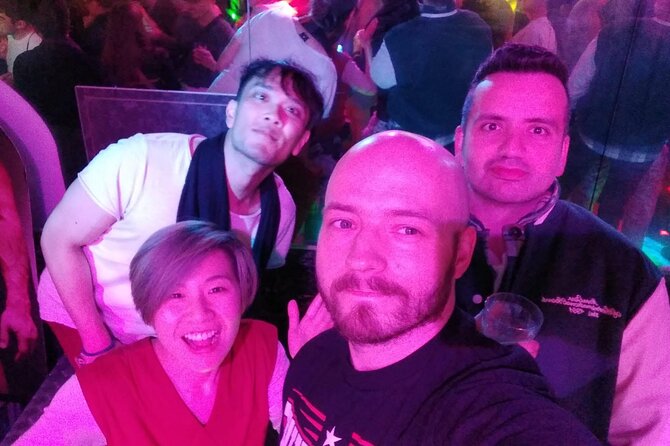
On the tour’s first stop, guests explore the historic Asakusa district and its iconic Senso-ji Temple, a renowned Buddhist shrine that has stood as a symbol of Tokyo’s spiritual heritage for centuries.
The group wanders through the temple’s ornate main entrance, the Kaminarimon Gate, adorned with a massive paper lantern. They then stroll down the bustling Nakamise Shopping Street, lined with traditional shops offering Japanese snacks, souvenirs, and crafts.
As they approach the inner sanctum, the guide explains:
- The origins of Senso-ji, which was founded in 628 AD and is Tokyo’s oldest temple.
- The significance of the Asakusa Kannon, the temple’s principal deity.
- How the temple has adapted over the centuries to serve the evolving needs of the community.
Discovering Shinjuku 3 Chome and 2 Chome
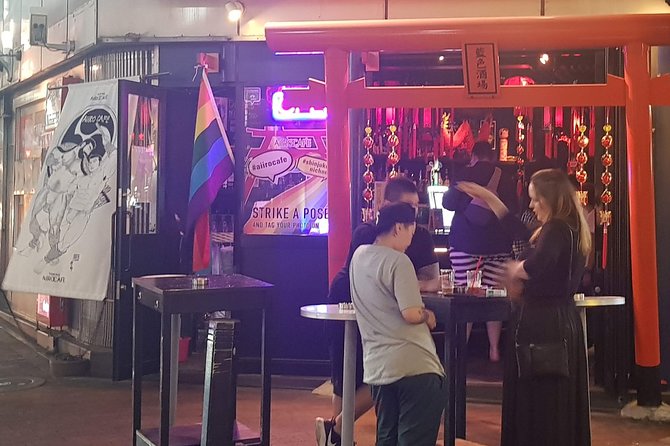
As the tour continues, the group makes its way to Shinjuku 3 Chome, known as the heart of Tokyo’s vibrant LGBTQ+ community.
The guide explains how this bustling neighborhood has long served as a safe haven for the city’s queer population, with a diverse array of bars, clubs, cafes, and other establishments catering to the community.
The group explores the iconic Shinjuku 2 Chome Gay Town, marveling at the neon-lit streets and lively atmosphere.
The guide shares the history of this neighborhood, highlighting how it has evolved over the years to become a hub of LGBTQ+ culture and activism.
As the tour continues, the group gains a deeper appreciation for the resilience and diversity of Tokyo’s queer community.
- Explore Sumo Culture: Tokyo Half-Day Walking Tour
- Origami Fun for Families & Beginners in Asakusa
- Sweets Making & Kimono Tea Ceremony at Tokyo Maikoya
- Mt Fuji :1-Day Private Tour With English-Speaking Driver
- Asakusa, Tokyo: Traditional Kimono Rental Experience at WARGO
- [30 Minutes] Asakusa Ancient Trip Plan by Rickshaw ~ Tour of Tokyo Sky Tree
Engaging With Local LGBT Establishments
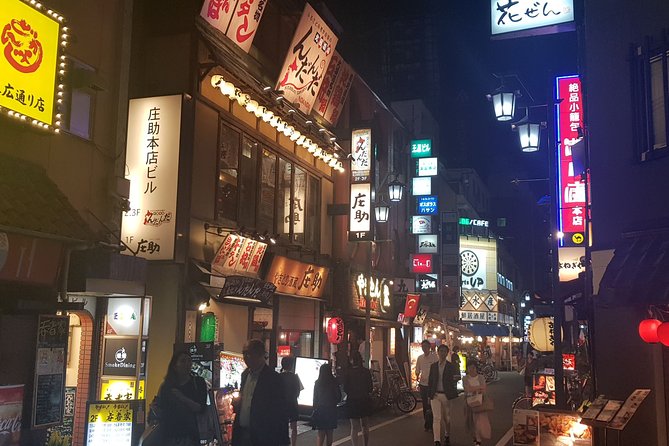
After exploring the vibrant LGBTQ+ neighborhoods, the group engages with some of the local establishments, seeing the rich culture and atmosphere.
They visit a renowned LGBTQ+ bookshop, browsing through an impressive collection of literature and zines that celebrate queer identities.
Next, they stop by a cozy café known for its inclusive and welcoming vibe, enjoying a warm cup of coffee and casual conversation with the friendly staff.
Reflections on Customer Feedback and Experiences
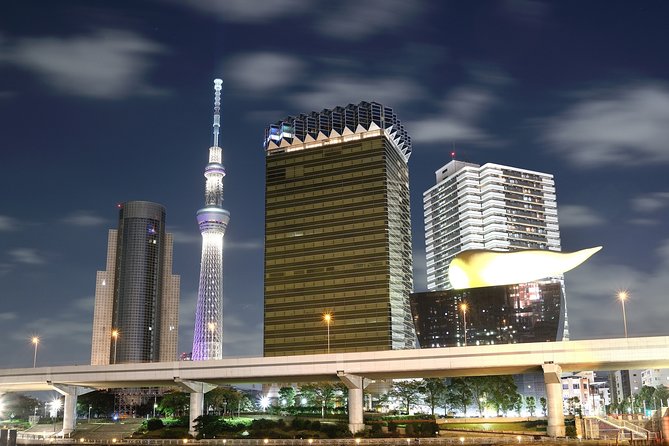
The customer reviews of the LGBT Tokyo walking tour offer a mixed perspective, with praise for the knowledgeable and friendly guides alongside comments on the tour’s content and value.
While some travelers were impressed by the insights into the city’s LGBTQ culture and community, others felt the tour didn’t fully meet their expectations. Some recommended exploring Tokyo’s vibrant LGBTQ scene independently, as they found certain aspects of the tour lacked depth or authenticity.
Suggestions for improvement include expanding the itinerary, extending the duration, and ensuring the tour delivers a comprehensive and immersive experience. The feedback highlights the need to fine-tune the tour to better cater to the diverse interests and needs of LGBTQ travelers visiting Tokyo.
Considerations for the Tour Cancellation Policy
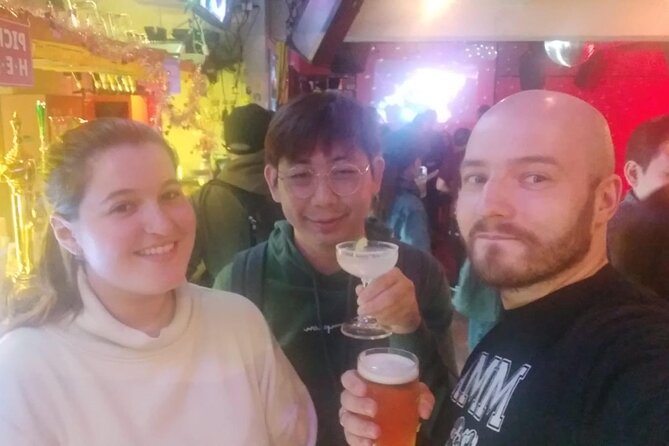
The tour’s cancellation policy aims to balance flexibility for customers with the operator’s need to manage bookings and costs effectively.
Based on the feedback, the policy appears reasonable, offering:
- Full refunds for cancellations made at least 6 days in advance, allowing customers to change their plans without penalty.
- A 50% refund for cancellations made 2-6 days before the tour, recognizing the operator’s need to account for late changes.
- No refund for cancellations less than 2 days before the tour, as this timeframe makes it difficult to fill the spot.
While individual experiences may vary, the policy seems thoughtfully designed to accommodate customer needs while ensuring the tour’s financial viability.
Frequently Asked Questions
What Is the Dress Code for the LGBT Tokyo Walking Tour?
The tour doesn’t have a specific dress code. Participants are encouraged to wear comfortable, weather-appropriate clothing. The emphasis is on exploring Tokyo’s LGBT neighborhoods, so dressing in a way that reflects one’s personal style is recommended.
Can the Tour Be Customized for Individual Preferences?
The tour can be customized to individual preferences, though the basic itinerary remains the same. Travelers can discuss their interests with the guide beforehand to ensure the tour aligns with their preferences within the general framework.
Are There Any Age Restrictions for the Tour Participants?
The tour has a minimum age requirement of 18 years. There is no maximum age limit, allowing participants of all ages to explore Tokyo’s LGBT-friendly neighborhoods and learn about the community’s cultural and social history.
What Languages Are the Tour Guides Proficient In?
The tour guides are proficient in English and Japanese. They can provide insights into Tokyo’s LGBT culture and history in both languages, ensuring participants can fully engage and understand the experience regardless of their native tongue.
Is There an Option to Extend the Tour Duration?
The tour information indicates the duration is approximately 3 hours, but there’s no mention of an option to extend the tour. Travelers interested in a longer experience should inquire with the tour provider about potential extensions or additional offerings.
Recap
Tokyo’s LGBTQ+ community has a rich history that has evolved over centuries, weathering both acceptance and oppression.
Despite ongoing societal prejudices, the LGBTQ+ community in Tokyo has demonstrated remarkable resilience, celebrating diverse identities and advocating for equality.
Today, neighborhoods like Shinjuku 3 Chome and 2 Chome serve as vibrant hubs, offering LGBTQ+-friendly establishments and a thriving culture that continues to shape the city’s identity.
More Tour Reviews in Asakusa
- Asakusa and Sensoji Temple Historical Walking Tour in Tokyo
- 2 Hours Private Walking Tour in Asakusa Tokyo
- Special Price Couple (2 People) Kimono Commemorative Photo Shoot in Asakusa, Tokyo HANAYAKA Kimono & Yukata Rental Offer
- Tokyo Private Photoshoot Experience With a Professional Photographer
- Self-Guided Tour of Tokyos Hidden Alleys
- Family Kimono Experience & Photography in Asakusa Tokyo HANAYAKA
Not for you? Here's more nearby things to do in Asakusa we have reviewed
- Asakusa and Sensoji Temple Historical Walking Tour in Tokyo
- 2 Hours Private Walking Tour in Asakusa Tokyo
- Special Price Couple (2 People) Kimono Commemorative Photo Shoot in Asakusa, Tokyo HANAYAKA Kimono & Yukata Rental Offer
- Tokyo Private Photoshoot Experience With a Professional Photographer
- Self-Guided Tour of Tokyos Hidden Alleys
- Family Kimono Experience & Photography in Asakusa Tokyo HANAYAKA
- Photography Tour in Tokyo
- From Tokyo: Mt Fuji and Hakone Private Day Trip
- Private Photo Tour and Snapshots in Tokyo
- Master Calligrapher’s Kanji Art Experience
- Kimono and Matcha Experience in Asakusa Tokyo
- Private Sake Pairing@Ancient Underground
